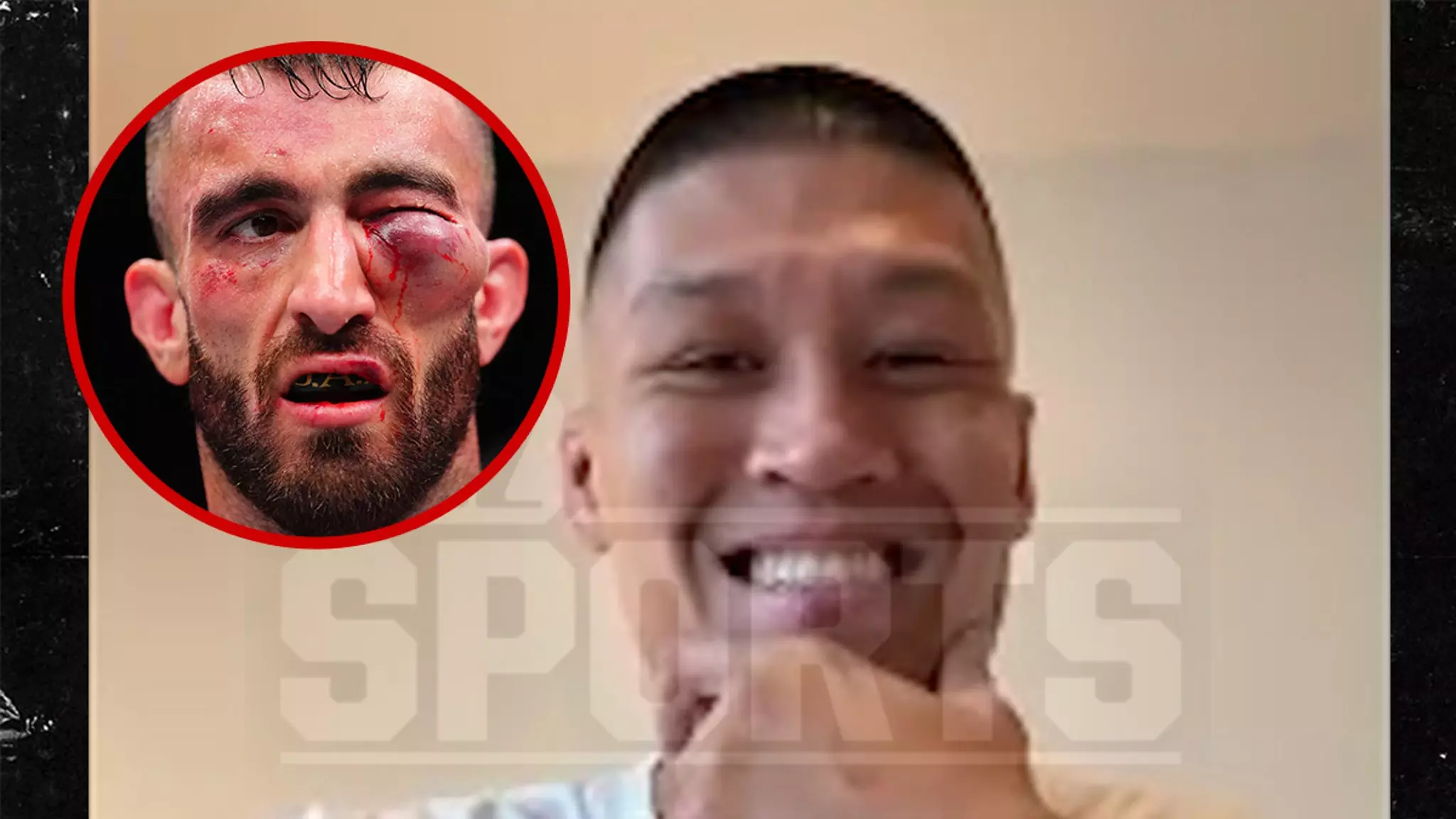In the realm of mixed martial arts, the narrative often gravitates toward the spectacle, dramatic injuries, and controversial decisions. Yet, beneath the surface lies a deeper story of resilience, discipline, and unwritten codes of honor. When analyzing the recent fight involving Jason Herzog’s decision not to stop Mohammad Yahya despite severe facial trauma, it becomes clear that the true essence of MMA transcends immediate reactions or criticism. It challenges us to reconsider what constitutes responsible officiating and courageous fighting. Herzog’s choice to allow the match to proceed isn’t an oversight but a testament to an unyielding commitment to the fighters’ resolve, placing trust in the fighter’s endurance and the medical team’s judgment.
Respecting the Warrior Spirit in the Face of Adversity
The commendation from fighters like Stephen Nguyen illustrates how the fighter’s mentality often aligns with older, more traditional notions of masculinity—endurance, heart, and willpower. Nguyen’s perspective underscores a profound respect for Yahya’s determination, describing him as a true warrior faithful to the combat spirit. This isn’t mere bravado; it’s an acknowledgment of a complex decision-making process made in the heat of battle. Yahya’s insistence on continuing, even after experiencing devastating facial injuries, embodies an admirable virtue that elevates the culture of MMA beyond superficial viewing. It emphasizes that victory is not solely measured by the outcome but also by the unyielding spirit demonstrated within the octagon.
The Role of Authority and Ethical Responsibility
While fighters display relentless grit, the ultimate authority in the cage rests with referees and medical professionals. Herzog’s decision to hold back reflects a nuanced understanding of these responsibilities. It’s tempting to view the stoppage as a missed call, but a deeper analysis suggests a complex balance between allowing fighters to showcase their perseverance and ensuring their safety. The medical team’s intervention after the second round signifies that, despite Herzog’s judgment, external authority stepped in to prioritize health. Such layered decision-making illustrates that MMA has evolved into a sport that demands both grit and prudent oversight—a paradigm that risks losing its integrity if fighters’ will is underestimated and officials are too quick to intervene.
Reframing Success and Inspiration in Combat Sports
Nguyen’s post-fight remarks reveal that victory isn’t just about the TKO or the belt—it also lies in moments of true character. His respect toward Yahya and his acknowledgment of the ‘warrior’s code’ elevate the discourse around MMA’s core values. The fighter’s fervor to keep competing, coupled with the acknowledgment that safety was prioritized by authorities, constructs a narrative that champions resilience without recklessness. Nguyen’s substantial payout reflects the industry’s recognition of such performances—prompting the question of whether future fighters will be encouraged to push boundaries or whether they’ll be protected from themselves. The sport’s evolution will depend on how well it can honor both the warrior’s spirit and the necessary safeguards that preserve their long-term well-being.
While controversy often swirls around tough calls and visible injuries, it’s essential to recognize the profound courage that fuels fighters and officials alike in MMA. Their decisions, complicated and often misunderstood, represent a delicate dance between valor and responsibility—an intricate fabric that forms the true heart of combat sports.

Leave a Reply